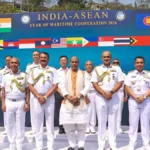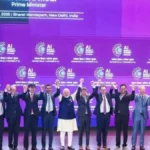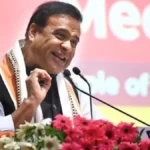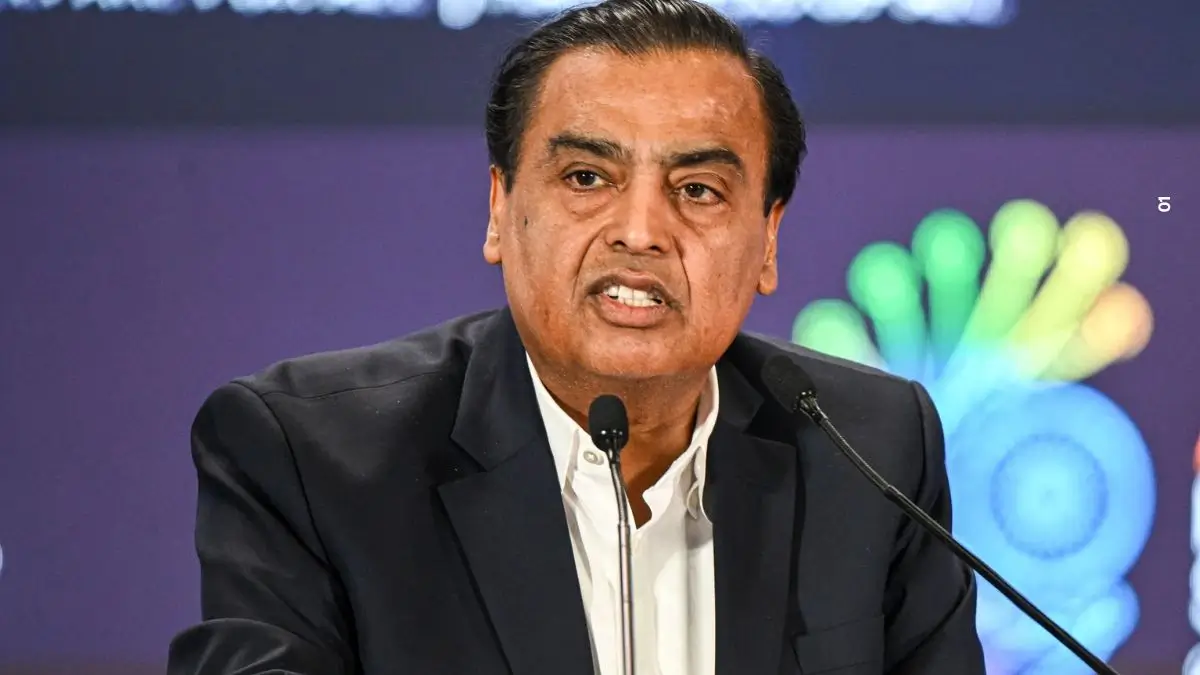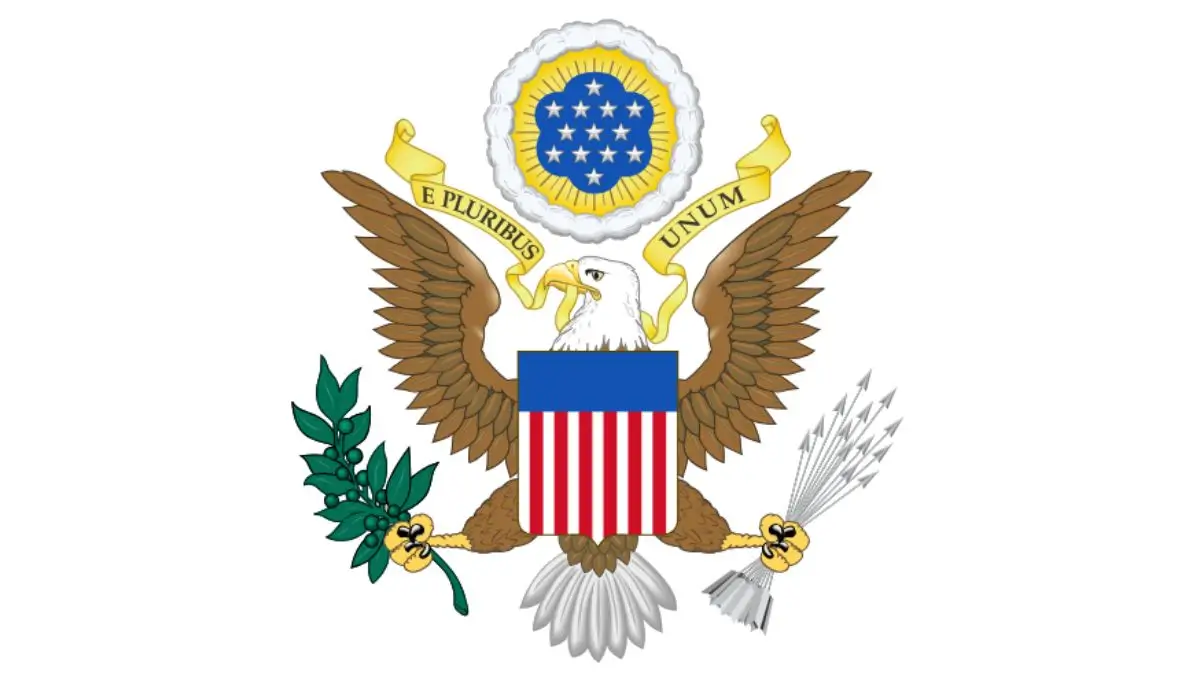NHRC Concludes National Conference Advocating for Older Persons’ Rights
Overview of the Conference
The National Human Rights Commission (NHRC) recently concluded a significant national conference focused on advocating for the rights of older persons. This conference, held in New Delhi, aimed to address the various challenges faced by the elderly population in India. With the demographic shift towards an aging society, the NHRC emphasized the need for robust legal frameworks and social support systems to protect the rights and dignity of older individuals.
Key Discussions and Recommendations
During the conference, various stakeholders, including government officials, NGOs, and experts in gerontology, discussed critical issues affecting older persons. Key topics included access to healthcare, social security benefits, and legal rights. The NHRC proposed several recommendations, urging state governments to implement policies that ensure the welfare of older individuals, enhance their participation in society, and protect them from abuse and neglect. The conference also highlighted the importance of raising awareness about the rights of older persons among the general public.
Government Initiatives
In recent years, the Indian government has launched several initiatives aimed at improving the lives of older citizens. Programs such as the Integrated Programme for Senior Citizens (IPSC) and the Maintenance and Welfare of Parents and Senior Citizens Act emphasize the importance of providing social and financial security to the elderly. However, the NHRC underscored that further efforts are required to ensure these programs effectively reach those in need.
Global Perspective
The conference also drew attention to international standards and practices related to the rights of older persons. With increasing global awareness of aging issues, countries are adopting various strategies to address the challenges faced by their elderly populations. The NHRC expressed its commitment to aligning national policies with global best practices, fostering a holistic approach to elder care.
Conclusion
The NHRC’s national conference marks a crucial step towards advocating for the rights of older persons in India. By bringing together diverse stakeholders, the conference laid the groundwork for meaningful dialogue and action. It is imperative to continue these discussions to ensure that the rights and needs of older citizens are adequately addressed in policy-making and implementation.

Why This News is Important
Empowering a Vulnerable Population
The conference organized by the NHRC is vital as it focuses on empowering one of the most vulnerable segments of society—older persons. As the population ages, the need for robust legal protections and social support becomes increasingly urgent. Ensuring that the rights of older individuals are recognized and upheld can significantly improve their quality of life.
Policy Implications
The discussions and recommendations made during this conference can influence policy changes at both the state and national levels. By advocating for improved policies, the NHRC plays a crucial role in ensuring that older persons receive the support and resources they need to live with dignity. This is particularly relevant in a country like India, where social norms and economic factors often marginalize the elderly.
Raising Awareness
Another important aspect of the conference is its role in raising public awareness about the rights of older persons. By highlighting the challenges faced by this demographic, the NHRC is fostering a more informed society. Increased awareness can lead to greater advocacy and support from the community, helping to address issues like neglect and abuse.
Aligning with Global Standards
By aligning national policies with global standards regarding the rights of older persons, India can enhance its international standing and commitment to human rights. The NHRC’s initiative reflects the country’s dedication to fostering a more inclusive and supportive environment for all citizens, regardless of age.
Historical Context
Aging Population in India
India has witnessed a significant increase in its elderly population over the past few decades. According to the 2011 Census, approximately 104 million people in India were aged 60 years and above, a number that is expected to rise to 300 million by 2050. This demographic shift presents various challenges, including the need for healthcare, social security, and legal protections for older individuals.
Legislative Framework
The Indian government has implemented several laws and policies aimed at protecting the rights of older persons, such as the Maintenance and Welfare of Parents and Senior Citizens Act (2007) and the National Policy on Older Persons (1999). However, the effective implementation of these policies remains a challenge, necessitating ongoing advocacy and oversight.
Global Aging Trends
Globally, the issue of aging is gaining attention, with the United Nations highlighting the rights of older persons through various initiatives. The Madrid International Plan of Action on Ageing, adopted in 2002, emphasized the importance of recognizing the rights and needs of older individuals, setting a framework for countries to follow.
Key Takeaways from NHRC Conference on Older Persons’ Rights
| Serial Number | Key Takeaway |
|---|---|
| 1 | The NHRC conference emphasized the need for better legal frameworks for older persons’ rights. |
| 2 | Key issues discussed included access to healthcare and social security benefits. |
| 3 | The NHRC recommended that state governments enhance policies for the welfare of older citizens. |
| 4 | India is aligning its policies with global standards for elder rights protection. |
| 5 | Public awareness about older persons’ rights is crucial for fostering community support. |
Important FAQs for Students from this News
1. What is the NHRC?
The National Human Rights Commission (NHRC) is an autonomous public body in India established to protect and promote human rights. It monitors and investigates violations of human rights in the country.
2. Why is the rights of older persons a significant issue?
As the elderly population increases, they face various challenges, including neglect, abuse, lack of access to healthcare, and insufficient social support. Advocating for their rights helps improve their quality of life and ensures their dignity.
3. What initiatives has the Indian government taken to support older persons?
The Indian government has launched several initiatives, including the Integrated Programme for Senior Citizens (IPSC) and the Maintenance and Welfare of Parents and Senior Citizens Act, which aim to provide social security and welfare support to the elderly.
4. How can the public help improve the situation for older persons?
Raising awareness about the rights of older persons, volunteering with elderly care organizations, and advocating for better policies can help improve their situation. Community support plays a vital role in protecting this vulnerable demographic.
5. What are some global standards for the rights of older persons?
International frameworks, such as the Madrid International Plan of Action on Ageing, set guidelines for countries to protect and promote the rights and welfare of older persons, emphasizing the need for comprehensive policies and support systems.
Some Important Current Affairs Links







